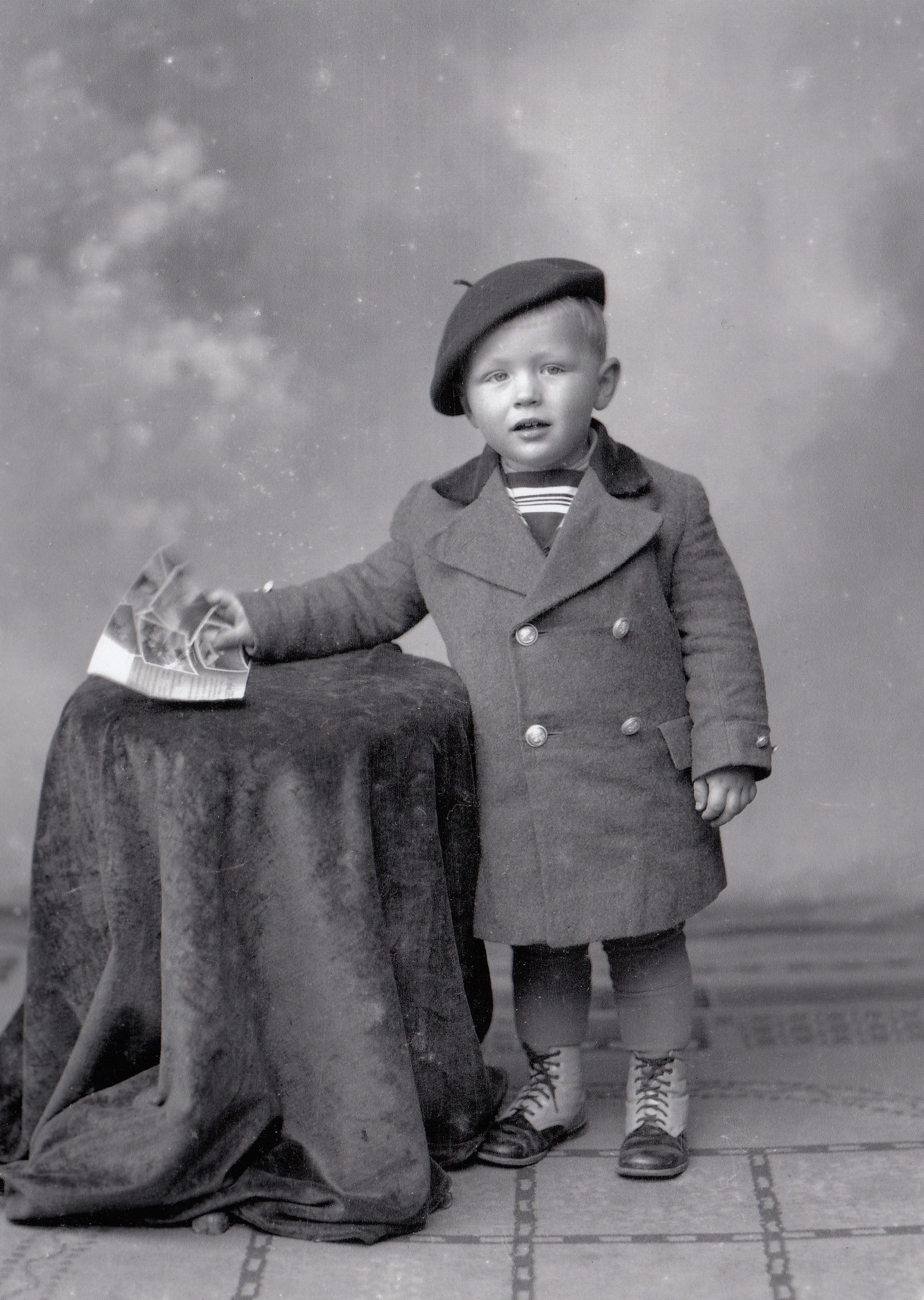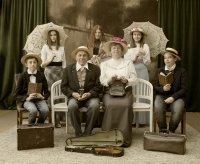The smiling faces of the American soldiers radiated: We survived the war

Download image
Jan Pils was born on March 30, 1935 in Český Krumlov. His mother was of German nationality, the father of Bohemia, so the family did not avoid ethnic problems in the pre-war and war period. After the signing of the Munich Agreement, the family moved from Český Krumlov, but returned at the end of the war. In the spring of 1945, Jan intensely perceived the currents of fleeing Germans and the arrival of the American army. He worked as a dental technician all his life.
